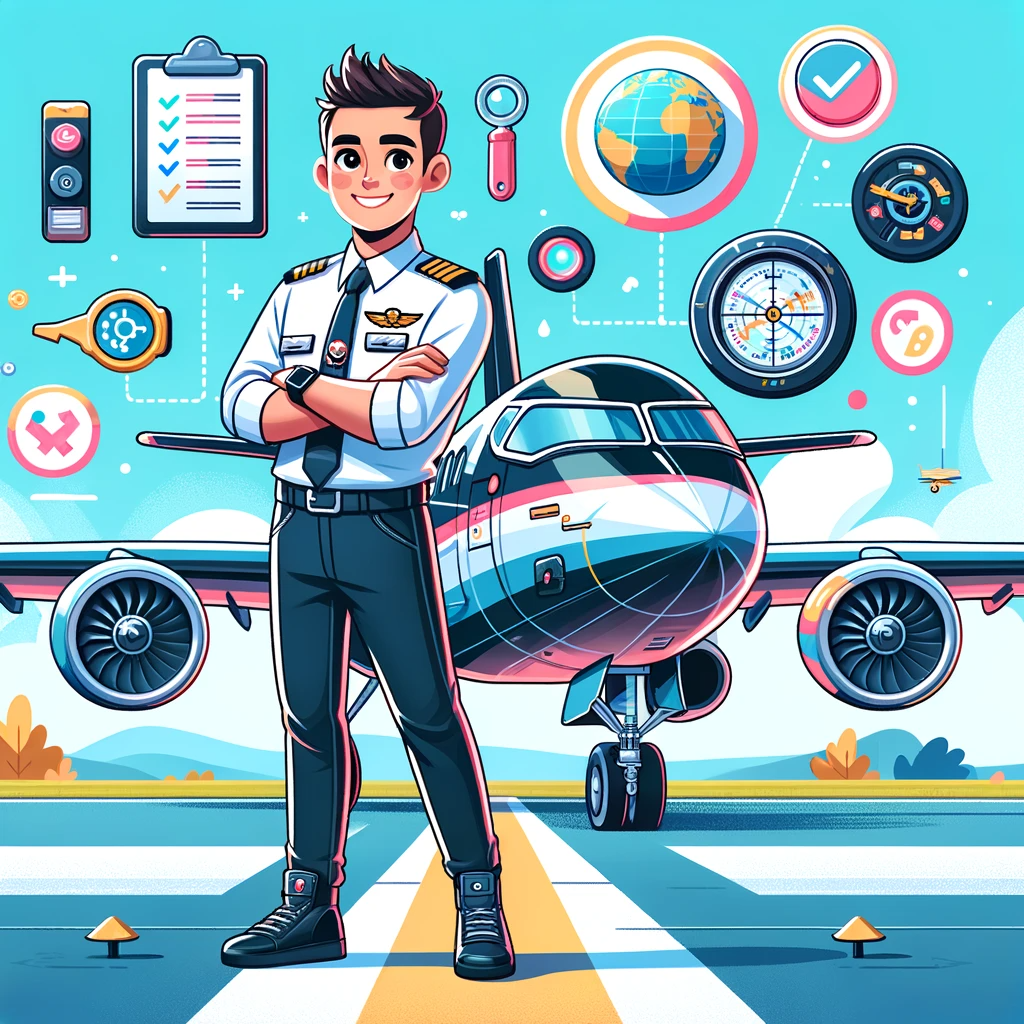As 2024 unfolds, pilots are presented with a unique opportunity to reevaluate and enhance their approach to safety and maintenance. In the ever-evolving field of aviation, the new year is an ideal time to update personal gear, hone skills, and embrace the latest technology. This guide is designed to navigate pilots towards a proactive and safer year in aviation.
The Importance of Safety Gear Upgrades
With rapid advancements in safety gear technology, staying updated is crucial for a pilot’s safety. From advanced head-up displays in helmets to enhanced flight suits, keeping pace with these innovations can significantly improve flight operations. A thorough evaluation and potential upgrade of personal safety equipment, such as helmets and goggles, are vital. Regular checks and maintenance of this gear ensure that each piece is in optimal condition, ready for any challenge in the skies.
Aircraft Maintenance and Inspection
Aircraft maintenance is a key aspect of aviation safety. Pilots should regularly perform essential checks, focusing on critical areas like engine inspections and avionics systems. Effective planning for these inspections, incorporating the latest digital tools for scheduling and record-keeping, is imperative. Additionally, understanding and complying with the latest FAA regulations guarantees not only legal adherence but also enhances overall safety.
Enhancing Skills and Knowledge
In aviation, continuous learning and training are pivotal. Upcoming training programs and certifications offer pilots opportunities to sharpen their skills and stay ahead in their field. Pilots should also leverage online resources and simulation tools for continuous learning. This commitment to skill enhancement and knowledge expansion plays a crucial role in a pilot’s career and personal growth.
Embracing Technological Advancements
The aviation industry is at the forefront of technological innovation. Understanding and integrating the latest technology, like advanced GPS systems and weather tracking tools, into daily operations is essential. Pilots should strive to stay informed about industry trends and technological advancements, which can significantly impact flight safety and efficiency.
Mental and Physical Health for Pilots
A pilot’s well-being is as important as their technical skills. Mental health, often overlooked, is crucial in this high-stress profession. Similarly, physical fitness directly impacts a pilot’s ability to perform. This section highlights resources and tips for maintaining overall health, emphasizing the need for a balanced approach to mental and physical well-being.
Environmental Responsibility and Sustainability
The aviation industry faces significant environmental challenges. Pilots can play a vital role in adopting sustainable practices. This section explores the current environmental issues in aviation and how pilots can contribute to a greener future. Embracing eco-friendly practices not only benefits the environment but also enhances the industry’s sustainability.
As we embark on a new year, pilots have the opportunity to enhance their safety, skills, and overall approach to aviation. By focusing on these key areas, pilots can ensure a successful, safe, and efficient year ahead. The journey towards a proactive, informed, and sustainable flying experience starts with these steps.

